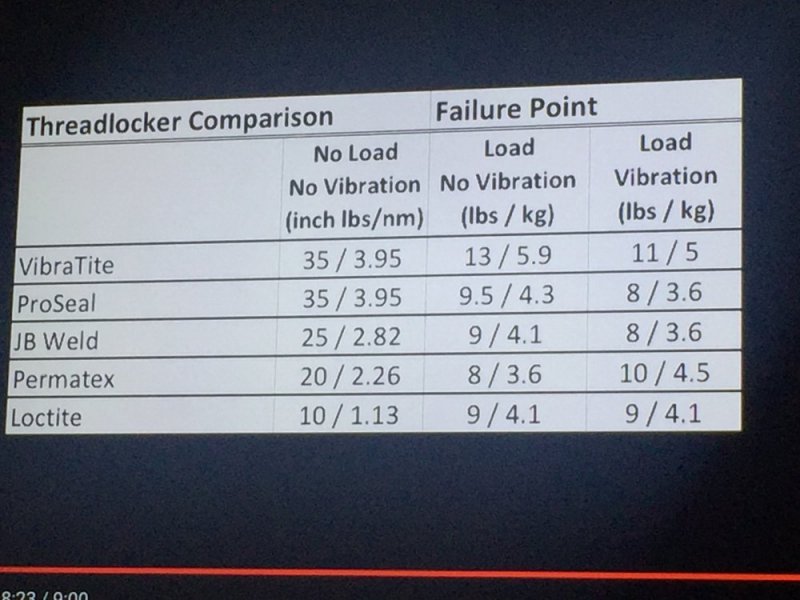Will L.
Well-Known Member
I’ve no clue where to put this thread, as always feel free to move to a better location.
I stumbled across this on noobtube. Amazed that I have been using junk by comparison.

This guy also showed me I am using lower grade duct tape too.
I hope he does one for high strength thread locker as well in the future.
I stumbled across this on noobtube. Amazed that I have been using junk by comparison.

I hope he does one for high strength thread locker as well in the future.
